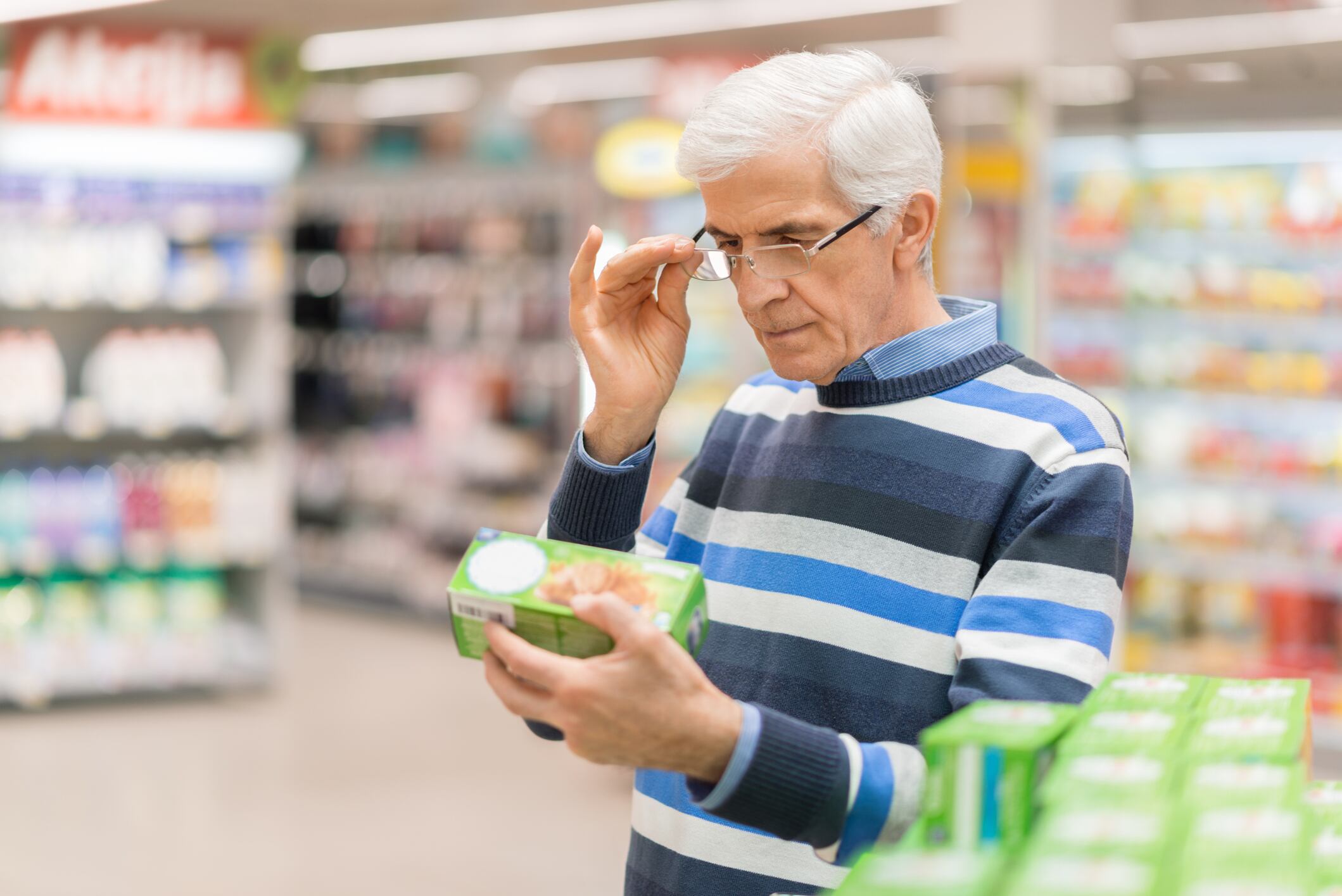The published paper, ‘Science-Led Self-Care: Principles for Best Practice’, proposes five science-led principles that should underpin self-care products to inspire confidence and “empower consumers to take charge of their health”.
Science-led self-care demonstrates transparency and increases product credibility in an environment that can be difficult to navigate – in this context, trust must be earned, according to authors Global Chief Regulatory, Medical, Safety and Compliance Officer, Abbie Lennox, and Global Chief Scientific Officer, David Evendon-Challis.
“Trust and transparency are arguably the self-care industry’s biggest challenge – information and guidance are out there, but must be based on solid evidence, fact-checked and credible,” they wrote.
“We feel that science-led self-care is a critical enabler to a better life for billions of people around the world through everyday healthcare, and central to our vision of Health for all, hunger for none.”
Primary aim
Confidence in the industry is high among consumers, but almost a quarter (21%) of self-care stakeholders, including medical organisations, policy makers, and patient advocacy groups, admit they actively distrust the industry. By creating a platform for dialogue, Bayer hopes to address any enduring issues, the authors said.
“Our hope is that we can start a conversation within the industry about how we can continue to raise the bar in applying science to help consumers take better care of their own health.”
The challenge from the consumer perspective is the incredible amount of information – and misinformation – around self-care that makes it difficult for consumers to make informed decisions, they wrote.
“By making clear the principles by which we pursue self-care, we can help consumers better navigate this challenging environment.”
The paper describes the science-led strategies that govern Bayer’s self-care development programme in relation to product safety and effectiveness, credibility, emerging technologies, and accessibility.
Rooted in science
The authors explained that to avoid missed opportunities (presented by social media misinformation and cultural differences, for example), solutions must be “rooted in science” with uncompromising standards to ensure products are universally trusted and satisfy consumer demand.
To gain trust requires a deep understanding of consumers’ unmet needs and product functionality supported by research and clearly communicated using appropriate marketing for the target audience.
Lennox and Evendon-Challis commented: “The value of science-led innovation needs to be recognised. The use of rigorous scientific evidence is foundational to the ethical development and promotion of self-care products – and the latest science can help unlock new approaches to meet consumer needs.”
Creating a “seamless” consumer-to-product experience – from the initial search to the physical product experience – is also essential to consumer trust and promote enduring self-care habits.
Diversity of thinking
Consumer insights are key to developing products that fulfil a need. For this reason, Bayer actively promotes and collaborates with international partners to understand health concerns at a local level through market research and data analytics.
Figures from financial auditor, Deloitte, suggest ‘diversity of thinking’ acquired from “carefully judged” collaborations can enhance innovation by 20%, may “boost health literacy”, as well as help maintain global standards.
The authors maintained that diversity “powers creativity” and makes it easier to identify risks, which “ultimately, means bringing better products to those who need them – faster.” It also prevents blind spots and ensures development teams consider different backgrounds and life experiences.
Improve global alignment
Lennox and Evendon-Challis said that current regulations are “not fit for purpose” and to support greater access to products and reduce confusion, the industry needs a harmonised system based on regulatory requirements proportionate to risk.
“Incorporating real-world evidence into the regulatory process, as well as improved global alignment, are critical to the global objective of improving access to everyday healthcare worldwide while ensuring safety and credibility.”
The paper concludes that as the self-care industry evolves, developers and stakeholders need to provide reassurance and guide consumers in making informed decisions about products that reflect their health needs.
Lennox added: “We owe it to the consumer to help them navigate the self-care landscape and identify the products and services that are grounded in science and will help them to prevent disease and live healthy lives.
“By developing products through our principles of science-led self-care we hope to give them assurances that these products are credible and trust-worthy.”

